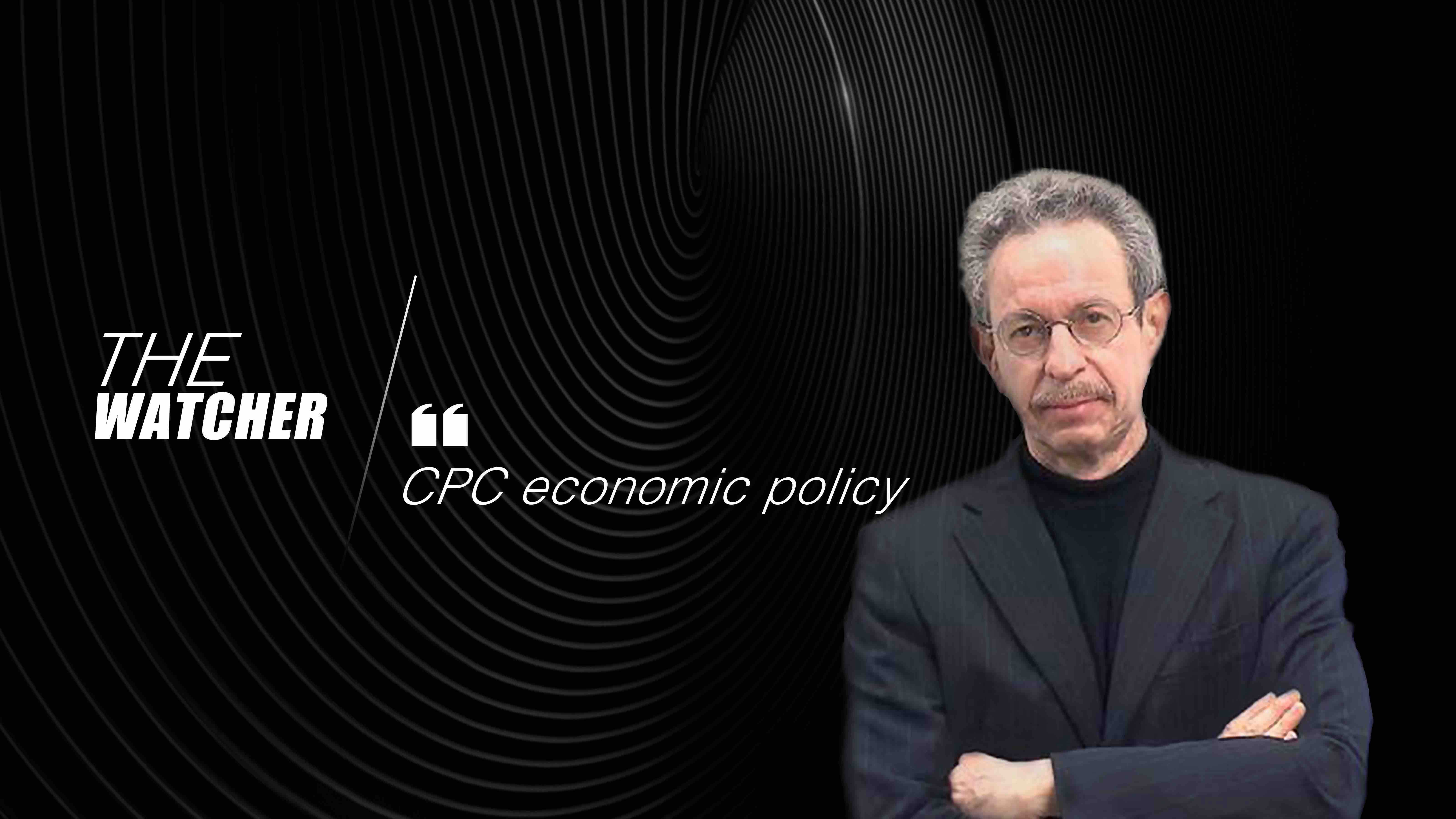
China
10:40, 20-Oct-2017
The Watcher: CPC Economic Policy
By Robert L. Kuhn

I’m Robert Lawrence Kuhn and here’s what I’m watching… The Party’s economic policy for the “new normal” under General Secretary Xi Jinping.
Although China's economy is the world's second largest, it is facing diverse, downward pressures – geographical imbalances, endemic pollution, massive corporate debt, essential industrial restructure, international uncertainties (economic and political). The whole world watches China’s economy, because the whole world depends on China’s economy. That’s why the whole world pays attention to the Party’s 19th National Congress.
What are the primary principles and policies of the Party’s approach to economics? How do these differ from those of the past? What is the “new normal”? What are the key components of China’s Socialist Market Economy with Chinese characteristics that keep it “socialist”? How can the market play a “decisive role”, while the government still plays a “dominant role”? Why is this not a contradiction? What is the optimum structure of State-Owned Enterprises, SOEs? What about SOE reform? Are so-called “interest groups” retarding reform? What are the “Five Major Development Concepts” and why are they so powerful? How critical is “supply side structural reform”, and how serious is China’s mounting debt, corporate and local government?
General Secretary Xi Jinping has set two overarching strategies for the Party to guide China’s economic development, the dual objectives being to increase the quality of life of the Chinese people, and to bring about the great rejuvenation of the Chinese nation.
The first strategy is “The Five Major Development Concepts” – innovation, coordination, green, open, and shared – which optimize the domestic economy, such that GDP growth is only one of several critical success factors, including reduction in social imbalances, elimination of extreme poverty, clean environment, quality and equal healthcare and education, and indigenous innovation in science and technology.
The second strategy is “The Belt & Road Initiative”, which promotes international economic development, especially infrastructure in the developing world, thereby benefiting China’s economy in various ways, such as massive construction projects, access to natural resources (energy), diversification of trade, and building China’s less-developed provinces. In addition, “supply side structural reform” seeks to reduce industrial overcapacities in basic industries and to decrease corporate debt. There are major challenges, of course, including high expectations of the Chinese people and the country’s dependency on world stability and economics. The road ahead will not be always smooth. Economic troubles can stress-test the system.
I’m Keeping Watch. I’m Robert Lawrence Kuhn.

SITEMAP
Copyright © 2018 CGTN. Beijing ICP prepared NO.16065310-3
Copyright © 2018 CGTN. Beijing ICP prepared NO.16065310-3